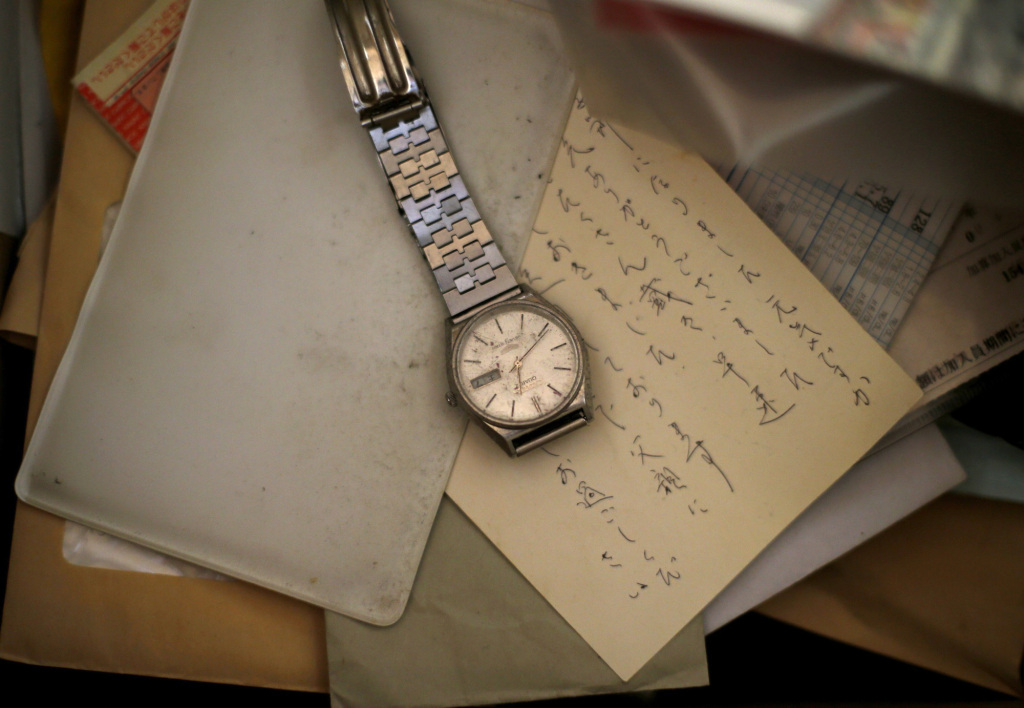Most recently, the body of an 85-year-old man was found in his downtown Tokyo apartment over a month after he is believed to have died. According to Reuters’ photo blog, the man’s bank paid his rent and his family did not visit. His body was found only when his downstairs neighbour complained about a slight smell.
It’s not clear exactly how many Japanese are dying alone – the government doesn’t collect comprehensive data on kodokushi. Researchers say the term came into popular use after the Hanshin earthquake of 1995, when thousands of elderly Japanese were relocated to temporary housing and cases of kodokushi began to be reported.
Since then, anecdotal reports – and the number of businesses cleaning up afterwards – have increased. In 2010, a moving company in Osaka said that 20% of its jobs that year were kodokushi-related, and another company in Tokyo said about half of its 450 cleanup requests were for those who had died alone at home. Some districts have launched campaigns to prevent these deaths; some observers say private companies can help ensure the elderly are not as isolated.
Yet the number of lonely deaths may continue to grow as the number of single households in Japan increases. According to the 2010 census, they made up 32% of the population, compared to just 25% in 1995. In Tokyo, they accounted for 46% of the population. The National Institute of Population and Social Security Research predicts that single households will make up almost 40% of the total by 2035.
Here are photos from Reuters photographer Toru Hanai of a specialist clean-up company in the apartment of the 85-year-old man found dead in his Tokyo apartment.

Specialist cleaner Hirotsugu Masuda enters the garbage-filled apartment of the deceased 85 year-old man. Old calendars and papers are strewn across the flat. (Reuters/Toru Hanai)

(Reuters/Toru Hanai)

A worker uses insecticides to kill off flies in the apartment. (Reuters/Toru Hanai)

(Reuters/Toru Hanai)

A watch and letters are left discarded at the man’s flat. (Reuters/Toru Hanai)

Those who are not claimed by family or friends are not given a funeral and their remains are interred in unmarked graves. (Reuters/Toru Hanai)

The workers took about six hours to clean up the apartment, which they tried to do discreetly so as not to bother the other tenants. (Reuters/Toru Hanai)

After the cleaning, incense and flowers were put where the body was found. A photo of the man is placed near where he had laid his head. A stain remains on the ground. (Reuters/Toru Hanai)
This article was originally published on qz.com.
Buy an annual Scroll Membership to support independent journalism and get special benefits.
Our journalism is for everyone. But you can get special privileges by buying an annual Scroll Membership. Sign up today!